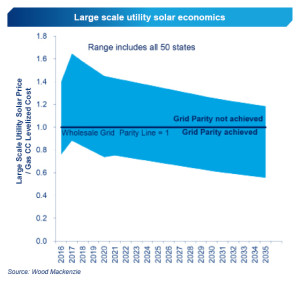By: Amy Myers Jaffe, University of California, Davis and Lewis Fulton, University of California, Davis
 When will cars powered by gas-guzzling internal combustion engines become obsolete? Not as soon as it seems, even with the latest automotive news out of Europe.
When will cars powered by gas-guzzling internal combustion engines become obsolete? Not as soon as it seems, even with the latest automotive news out of Europe.
First, Volvo announced it would begin to phase out the production of cars that run solely on gasoline or diesel by 2019 by only releasing new models that are electric or plug-in hybrids. Then, France and the U.K. declared they would ban sales of gas and diesel-powered cars by 2040. Underscoring this trend is data from Norway, as electric models amounted to 42 percent of Norwegian new car sales in June.
European demand for oil to propel its passenger vehicles has been falling for years. Many experts expect a sharper decline in the years ahead as the shift toward electric vehicles spreads across the world. And that raises questions about whether surging electric vehicle sales will ultimately cause the global oil market, which has grown on average by 1 to 2 percent a year for decades and now totals 96 million barrels per day, to decline after hitting a ceiling.
Energy experts call this concept “peak oil demand.” We are debating when and if this will occur.


